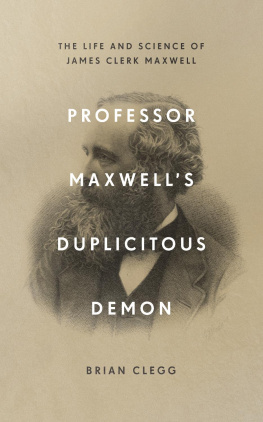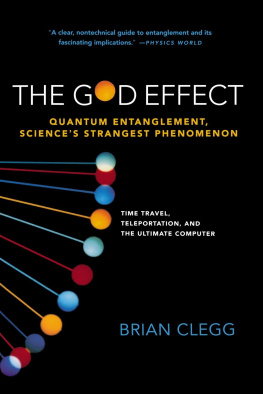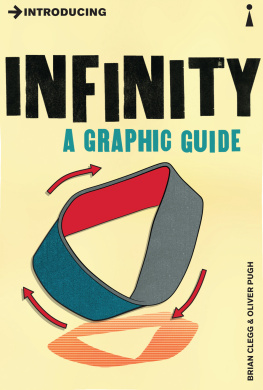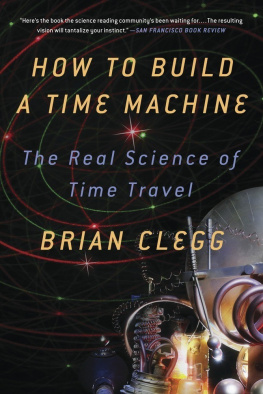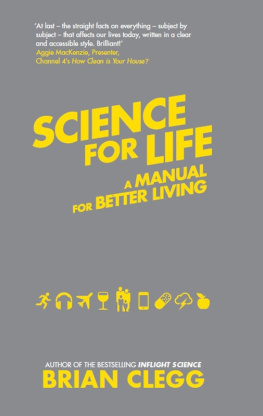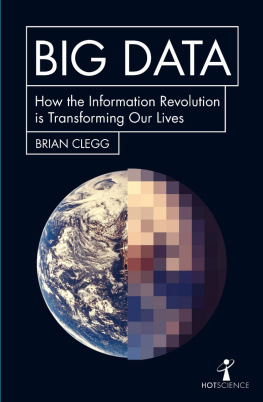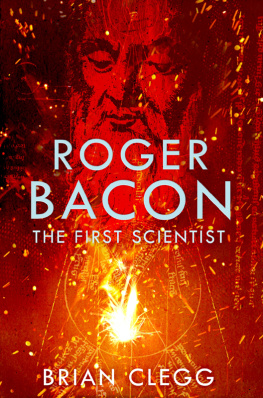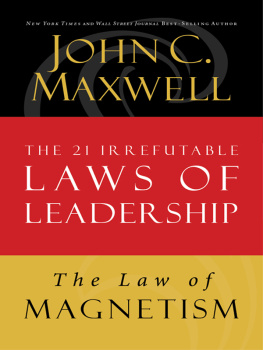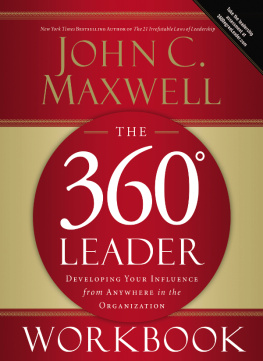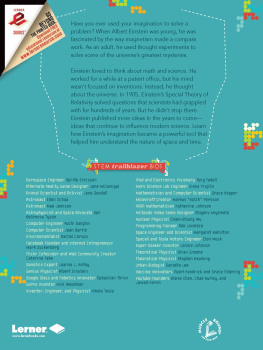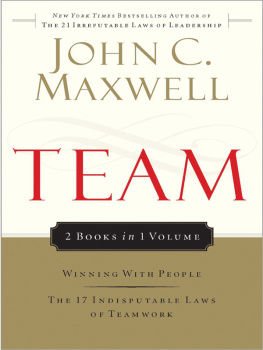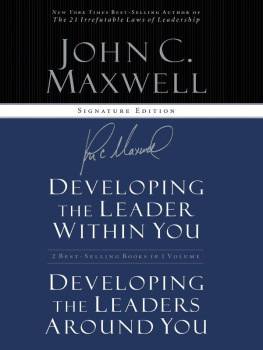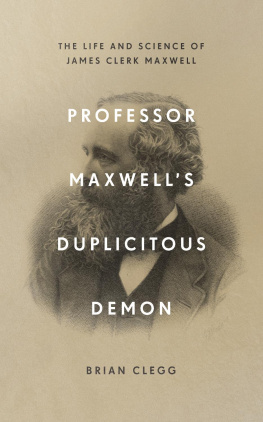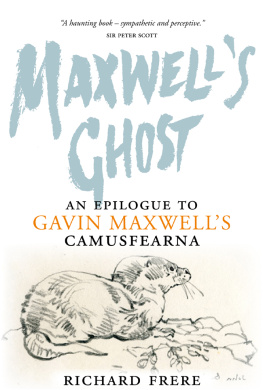As always, thanks to the brilliant team at Icon Books who were involved in producing this book, notably Duncan Heath.
Thanks also to the various experts who have written on James Clerk Maxwell, and to the help from David Forfar and John Arthur of the James Clerk Maxwell Society.
I appreciate that demons rarely feature in popular science titles. Not even in books on the god particle, which is somewhat remiss. Yet a demon I am. I was originally summoned into being by the eminently respectable, God-fearing Scottish professor James Clerk Maxwell, and proclaimed to be a demon by his fellow Scot and physicist William Thomson. I was born as are so many things in your universe out of the second law of thermodynamics.
This law of thermodynamics business may sound boringly mired in the steam age, and thats certainly how it originated. But the second law determines how the universe works. Strictly speaking, incidentally, the second law is the third law, as an extra one was added in at the top of the list after the first two were proclaimed, but to avoid or possibly cause confusion, the late-comer was named the zeroth law. The second law can be phrased in two ways, either of which sounds perfectly innocuous. Yet in those simple statements lie the foundations of reality and the doom of everything.
Its the second law that decides that effect follows inevitably from cause. Its the second law that ensures that books on perpetual motion machines remain on the fiction shelves in the library. Indeed, its the second law that determines the flow of time in your world (its far more flexible in mine). If you could prove that the second law could be broken, you would set chaos loose to reign in the world. As a demon, this sounds an attractive proposition and its appropriate, as breaking that law is exactly what I was created to do.
How does my charge sheet read? You can either say that the law states that heat passes from a hotter to a colder body, or that entropy the measure of the disorder in a system always stays the same or increases. But I was brought into being to challenge this law. Do you think it doesnt matter if some piddling law of physics is broken? This is the law that explains why a dropped glass breaks and never unbreaks. It makes it possible for life to exist on Earth and it predicts the end of the universe. And without it, the many engines that your lives depend on, from cars to computers, would fail. So, dont disrespect the second law.
The early twentieth-century English physicist and science writer Arthur Eddington by observation well these experimentalists do bungle things sometimes. But if your theory is found to be against the second law of thermodynamics I can give you no hope; there is nothing for it but to collapse in the deepest humiliation.
Which raises the curtain for me. My sole purpose in life is to show that the second law of thermodynamics can indeed be broken. I enable heat to travel from a colder to a hotter place. Uncomfortably for a demon, I am able to reduce the level of disorder in the world. And if I can truly achieve this, its not me, but every physicist since Victorian times who must collapse in the deepest humiliation.
I am, as Churchill might have put it, a riddle, wrapped in a mystery, inside an enigma. Whether anyone has been able to find the key to defeat me remains to be seen in the pages to come. But first, we need to discover the young James Clerk Maxwell.
At the risk of sounding like Frankensteins monster, prepare to meet my creator.
For those not familiar with this term, it is a nickname for the Higgs boson, which came to public attention when it was discovered using the Large Hadron Collider at CERN in 2012. Amusingly for those of us with demonic tendencies, physicist Leon Lederman wanted to call his book on the search for the particle The Goddamn Particle, because the Higgs was such a pain to pin down. The publishers objected that this might be considered too irreverent by the public and resorted to the misleading alternative of The God Particle, which really winds up most physicists.
A man totally lacking in the wondrous beard sported by each of his Scottish counterparts.
T here was nothing to suggest the coming of a demon in James Clerk Maxwells early life. We ought to get that convoluted name untangled first of all. Over the years, those writing about him have never been sure what to call him. Some have resorted to Clerk Maxwell or even an approach he would never have countenanced, the hyphenated Clerk-Maxwell, but his name was not really double-barrelled and Maxwell does the job far better.
Maxwells father was originally called John Clerk (pronounced to rhyme with park). This family, existing on the boundary between the upper middle class and the aristocracy, had a complex history. One of Maxwells distant ancestors, another John Clerk, had bought the vast lowland Scottish estate of Penicuik, and with it a baronetcy always associated with Penicuik and Maxwell with Middlebie and when appropriately named cousins came together, they sometimes took the name Clerk Maxwell.
By Maxwells fathers time, Middlebie was only a shadow of its former self, a small 1,500-acre (600-hectare) holding, which is why their estate house ended up a good 30 miles from the town of Middlebie itself. The rest of the estate was sold off to cover some risky speculation in mining and manufacturing by Maxwells great-grandfather. John Clerks older brother George was the principal heir, but part of Johns inheritance was what was left of the Middlebie estate. This was not an act of generosity on George Clerks part. The estate was entailed such that Middlebie and Penicuik could not be held together otherwise, he would likely have held on to the whole thing. Splitting estates was considered bad form. When John Clerk received this new position, he took the traditional lairds name, tacking Maxwell on after Clerk.
Edinburgh and Glenlair
James Clerk Maxwell was born on 13 June 1831, at his parents home, 14 India Street, Edinburgh now, appropriately enough, the home of the James Clerk Maxwell Foundation. This was a three-storey townhouse on a cobbled street set back from Queen Street, one of the three parallel roads that form the heart of the city. Maxwell was a late and, in all probability, a spoiled child. His mother, Frances Cay before marriage, had lost her first child Elizabeth as a baby. Frances was almost forty when Maxwell turned up.
Maxwells father, John, had been a successful advocate (the Scottish equivalent of a barrister), but by the time Maxwell was two, John Clerk Maxwell had settled into his new role but John and Frances arranged for a relatively humble home, Glenlair, to be built for them on the farmland known as Nether Corsock.
The social distance between the lively city of Edinburgh and the rural isolation of Middlebie was far more than the 80 or so miles between them suggests. Edinburgh was a modern Victorian city, encouraging scientific and literary thought. Middlebie might as well have remained stuck two centuries in the past. And that 80 miles was made to seem greater still by the difficulties of travelling in rural parts of Scotland. The route, via Beattock, took two complete days, needing a stop along the way. The vehicles available were hardly state-of-the-art. In the biography of Maxwell written just three years after his death by Lewis Campbell, a lifelong friend since school who became a professor of classics, and William Garnett, another friend who was an English electrical engineer, it is noted that:
Carriages in the modern sense were hardly known to the Vale of Urr. A sort of double-gig with a hood was the best apology for a travelling coach, and the most active mode of locomotion was in a kind of rough dog-cart, known in the family speech as a hurly.

